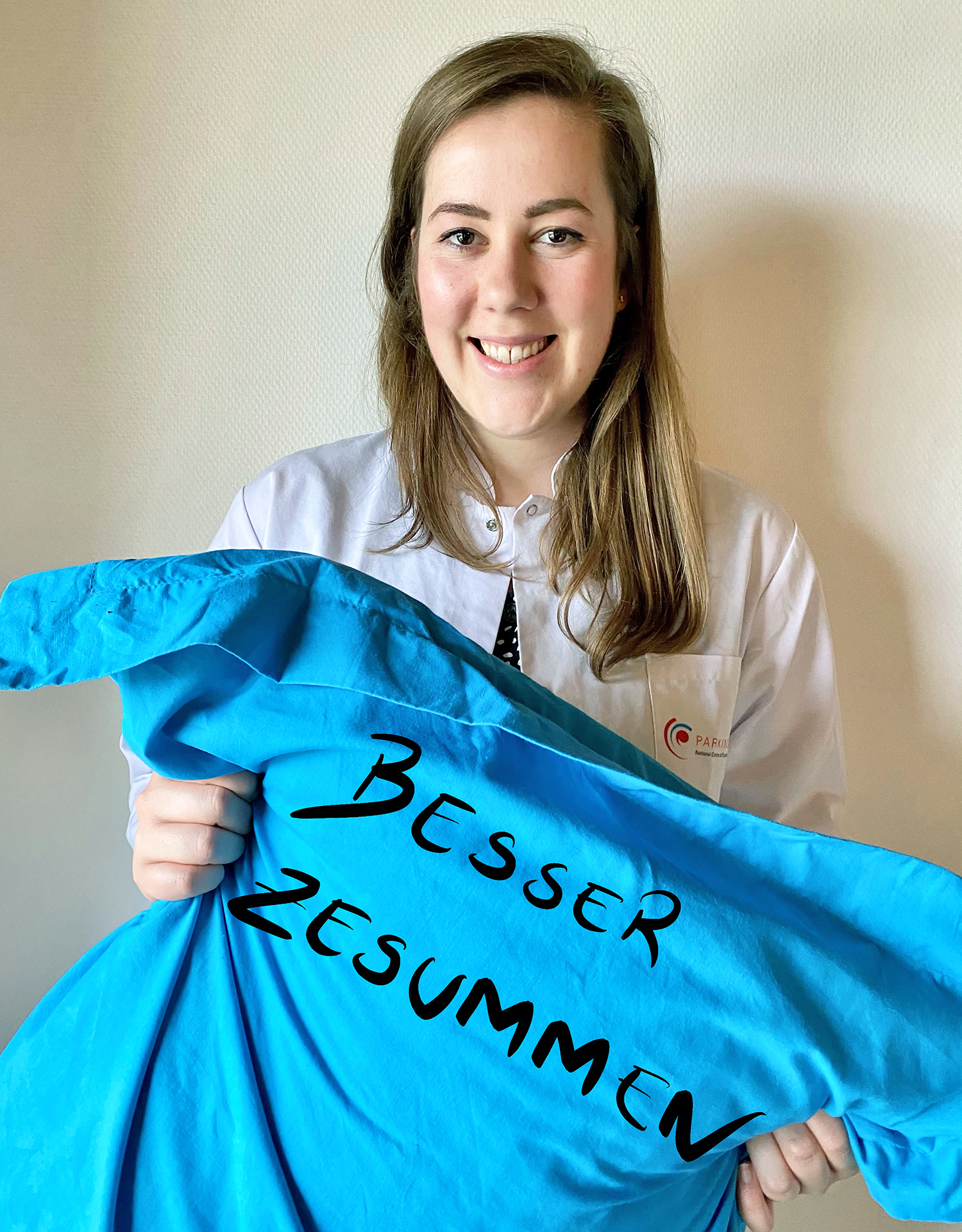
I have always been interested in science and as a child I used to play with microscopes. I am particularly fascinated by neuroscience because there is still so much to explore and discover! Doing a PhD in this field was an obvious choice.
In my work, I test the ability of people with Parkinson's disease to perform certain tasks that use previously acquired skills. This allows me to determine whether and how the so-called 'retrograde procedural memory' is affected by the disease. This part of the memory stores sequences of actions that are performed automatically and unconsciously. It is this memory that enables us to play a musical instrument, drive a car or tie our shoes. Therefore, it plays an important role in the performance of everyday tasks. Parkinson's disease is much more than a movement disorder. My research project will help to better define the cognitive disorders associated with it and to facilitate the clinical diagnosis of this disease.
I am always impressed by the fact that many of our patients are positive and full of life. I can only advise all those affected to stay motivated and active in order to maintain their quality of life!




